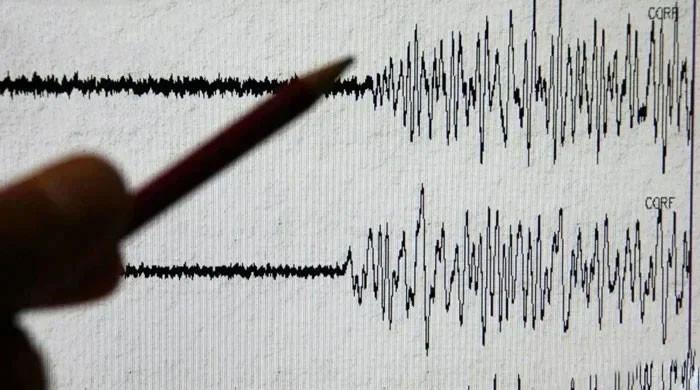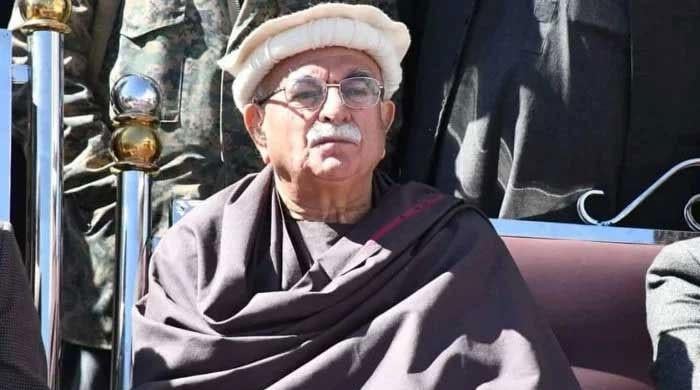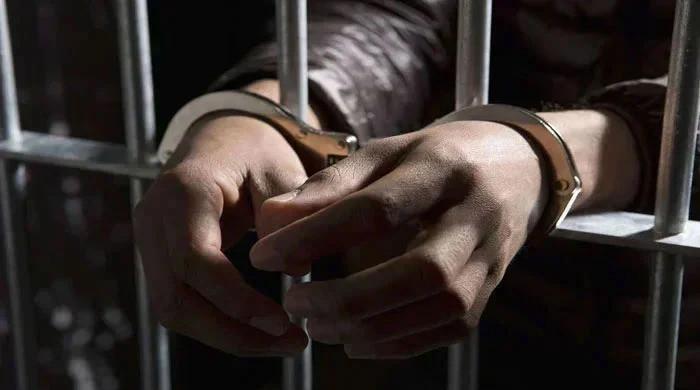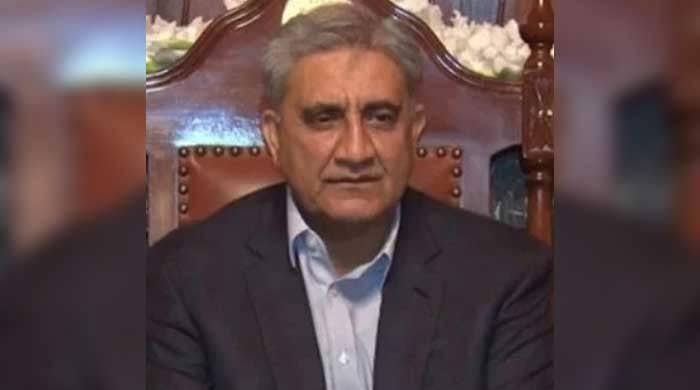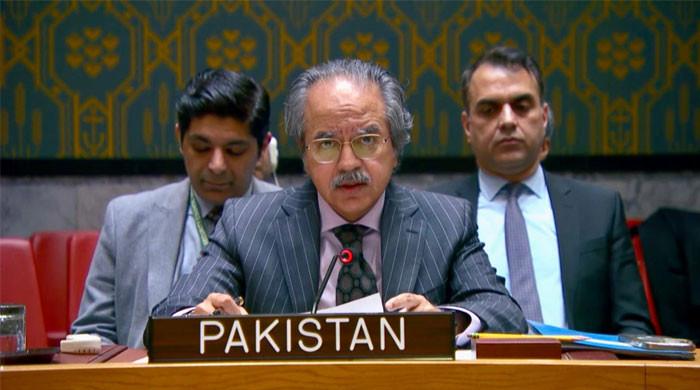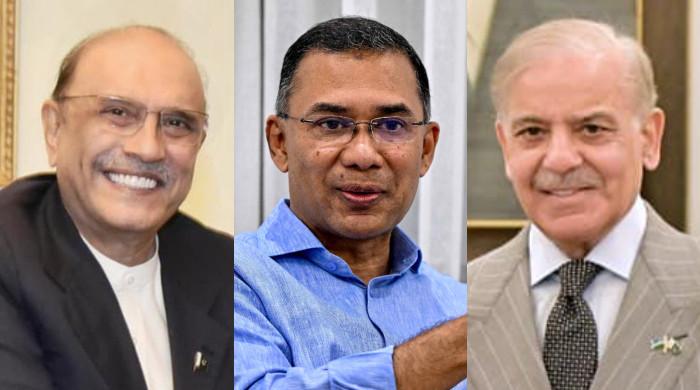If India wants more action against terrorists, it must hold talks with Pakistan: Bilawal
PPP chief says India trying to impose 'new normal' that's against regional interest
July 04, 2025
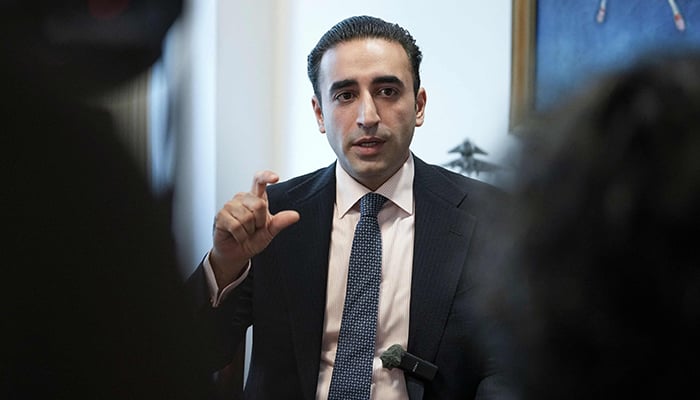
- India didn't share terror evidence with Pakistan.
- Muslims in India labelled terrorists for dissent.
- Pakistan backs Kashmiris' UN-backed self-determination.
Pakistan People’s Party (PPP) Chairman Bilawal Bhutto Zardari has said that if India truly wants more action against terrorists, it must engage in dialogue with Pakistan to resolve bilateral issues.
In an interview with Al Jazeera, Bilawal — who led Pakistan's diplomatic mission to Western nations to counter New Delhi's narrative post the May war — said India is attempting to establish a “new normal” in South Asia — a stance he termed as neither in Pakistan's nor India’s interest.
He stressed that the future of 1.7 billion people cannot be handed over to non-state actors, criticising India for not sharing evidence of terrorist attacks with its own people, Pakistan, or the international community. “India has faced fewer terrorism incidents compared to Pakistan,” he noted.
Bilawal reaffirmed Pakistan’s historical stance that Kashmir is an integral part of Pakistan, a position consistent since the time of Quaid-e-Azam Muhammad Ali Jinnah.
He further stated that Muslims in India face systemic discrimination. “Any Muslim who speaks up for their rights is branded a terrorist,” he said, adding that the same approach is used against Kashmiris in Indian Illegally Occupied Kashmir.
Bilawal emphasised that Pakistan has actively fought terrorism. “If India wants further action against terrorists, it should talk to Pakistan to find a solution,” he reiterated. He also mentioned Pakistan’s concerns about India's involvement in acts of terrorism targeting Pakistan.
Addressing a longstanding narrative, Bilawal clarified that while Pakistan historically supported certain groups during the 1980s concerning Afghanistan, it has never backed such groups in the context of Kashmir. “Pakistan supports the Kashmiris’ right to self-determination under UN resolutions, which is not terrorism,” he concluded.
His comments came in the wake of recent tensions between the two nuclear-armed neighbours after India accused Pakistan of involvement in the killing of 26 civilians in Indian Illegally Occupied Jammu and Kashmir (IIOJK) earlier this year — an allegation Islamabad has strongly denied.
The spike in violence marked one of the worst escalations in decades before a ceasefire was reached.
In response to the Indian aggression, Pakistan's armed forces launched a large-scale retaliatory military action, named "Operation Bunyan-um-Marsoos", and targeted several Indian military targets across multiple regions.
Pakistan downed its six fighter jets, including three Rafales, and dozens of drones. After at least 87 hours, the war between the two nuclear-armed nations ended on May 10 with a ceasefire agreement brokered by the US.
The ceasefire was first announced by US President Donald Trump on social media after Washington held talks with both sides, but India has differed with Trump's claims that it resulted from his intervention and threats to sever trade talks.






